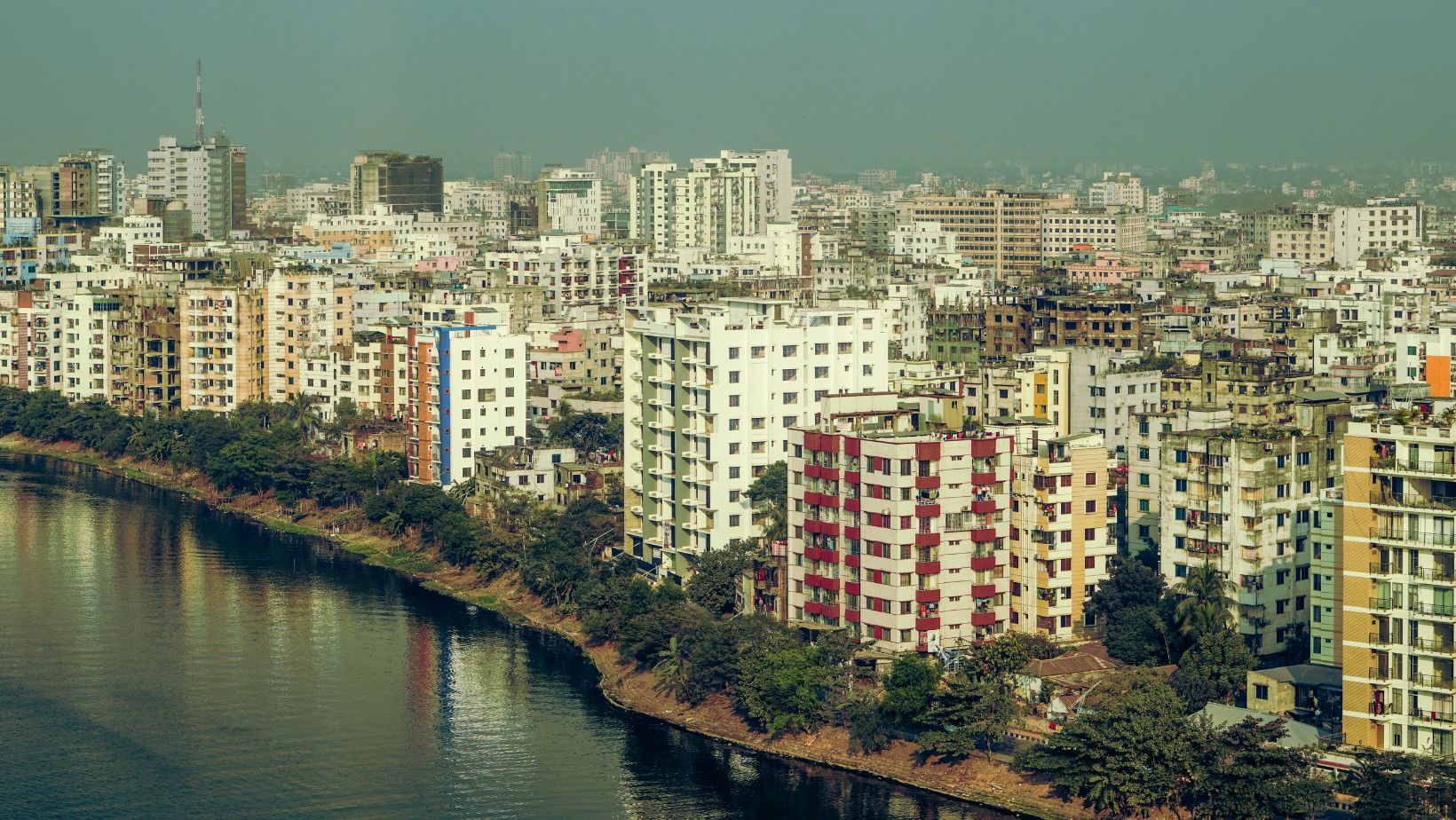
The PWHL will expand from six to eight teams for the 2025-2026 season. While this signals growth, the league must evaluate market sustainability, infrastructure readiness, and economic feasibility. High-cost cities like Vancouver present challenges, especially when player salaries range from $35,000 to $80,000. Cities such as Calgary, Pittsburgh, and Quebec City are being seriously considered due to their stronger alignment with the league’s operational needs.
Examining the Western Opportunities
Seattle and Denver are western candidates, but they come with hurdles. Seattle’s geographic isolation would inflate travel costs and disrupt scheduling. Despite enthusiasm for women’s sports reflected by teams like the Seattle Storm, travel logistics and the lack of an ideal-sized arena complicate its candidacy. 
Evaluating Sports-Driven Economic Growth in Expansion Cities
The economic impact of securing a PWHL franchise can reshape potential markets. Cities like Calgary, with a long history of supporting women’s hockey, demonstrate how established hockey cultures translate into reliable ticket sales and local sponsorships. Vancouver, on the other hand, emphasizes the need to weigh operational costs, such as salaries and arena leases, against market opportunities.
Another indicator of a city’s economic viability is the level of activity in sports betting. Platforms such as Bet365 tend to thrive in markets with engaged fanbases and strong financial ecosystems tied to sports. High sports betting participation often signals active fan engagement and a healthy local economy, both of which are critical for the success of a PWHL expansion. Prioritizing cities with these economic characteristics can position the PWHL for sustainable growth and long-term success..
Infrastructure and Arena Challenges
Arena availability is another key factor in expansion. Choosing cities that balance affordability with sufficient infrastructure is critical. Vancouver’s Rogers Arena is an appealing option, but arena demand from NHL games and concerts might sideline the PWHL. Calgary has the edge here, holding an abundance of mid-sized arenas that meet league requirements. Philadelphia also offers logistical feasibility but lacks a historical tie to women’s hockey, making its market more unpredictable.
Canadian Anchors: Calgary and Quebec City
Calgary and Quebec City are the two leading Canadian candidates. Calgary’s past success with the Inferno demonstrates that the city can support professional women’s hockey. The abundance of hockey facilities and strong local fan support make it an obvious choice. Quebec City has publicly expressed interest in securing a team. While its smaller market size relative to some American metropolitan areas raises questions, Canada’s hockey culture provides a stable foundation for any franchise.
The Northeast and Mid-Atlantic Push
Pittsburgh, Washington, D.C., and Philadelphia bring similar advantages. Pittsburgh has a solid hockey market ripe for further expansion into women’s sports. Washington’s metropolitan economy and population size offer a massive market pool. Philadelphia, another contender, has no shortage of arena options but lacks grassroots women’s hockey infrastructure compared to other contenders.
Unrealized Potential for Pacific Coast Growth
While Vancouver is intriguing for its hockey history and robust economy, operational difficulties such as high salaries, elevated living costs, and limited arena availability can’t be ignored. 
Conclusion: Brutal Economics Rule Expansion
Expansion is all about raw feasibility. The PWHL isn’t in a position to burn cash. Seattle might have optics of success, and Vancouver’s appeal is undeniable on paper, but neither resolves their glaring operational issues. Calgary and Quebec City remain frontrunners for good reason: tangible arenas, entrenched fan bases, and economic sustainability. Expansion comes down to one question—can the city deliver? If the answer is no, then PWHL has no business being there.












